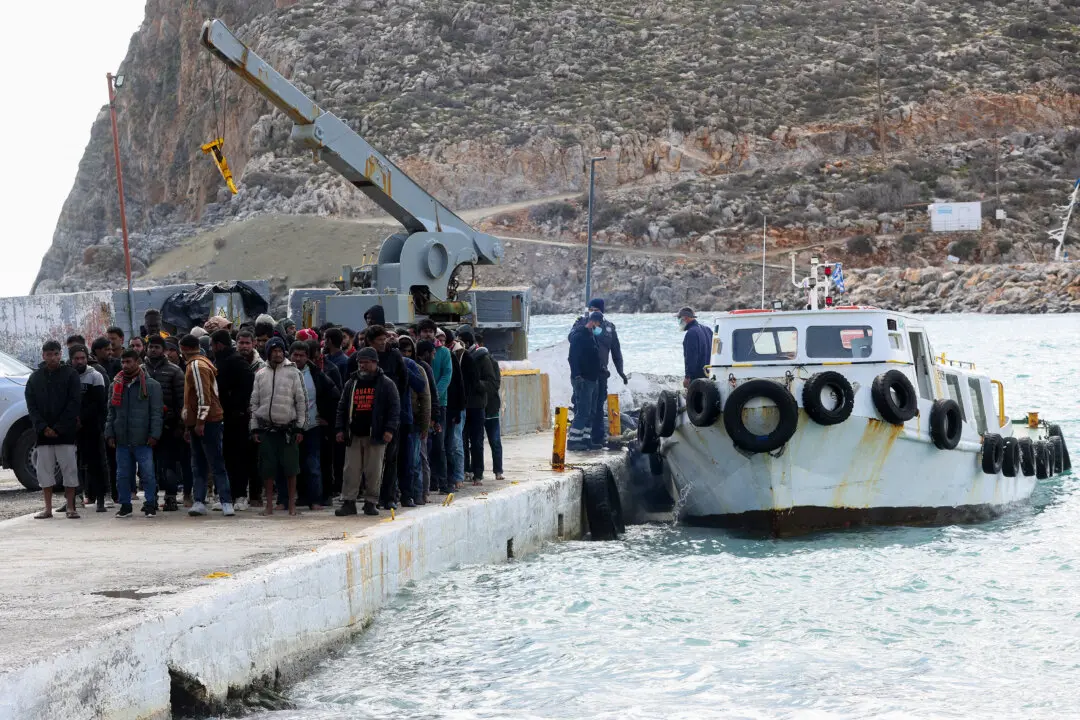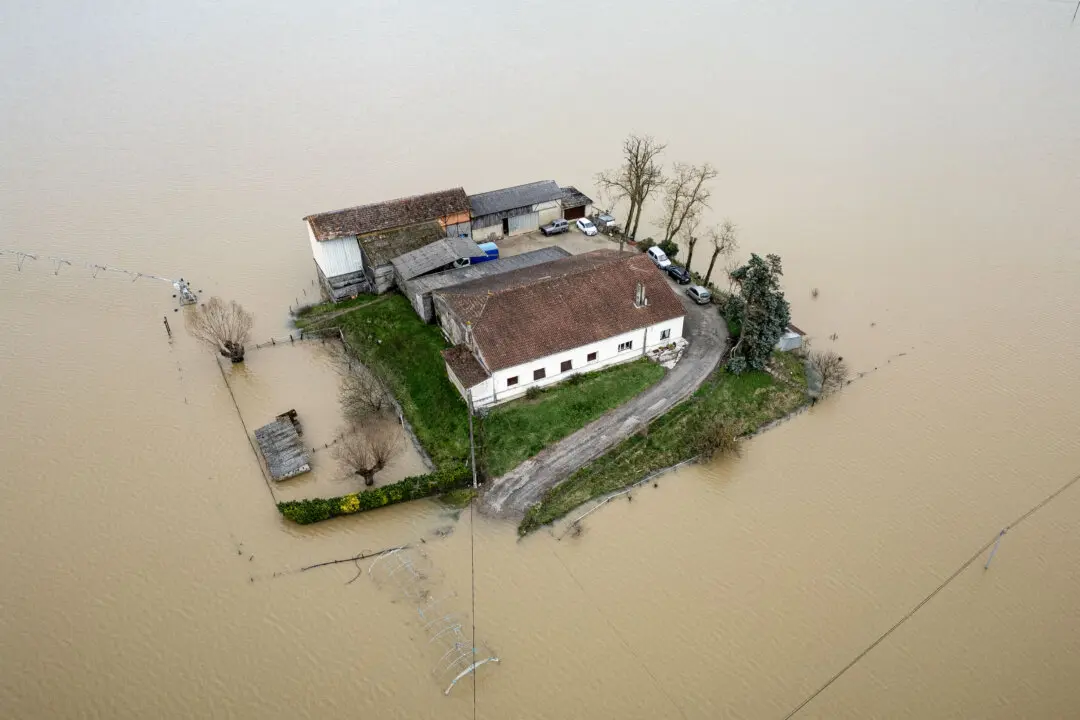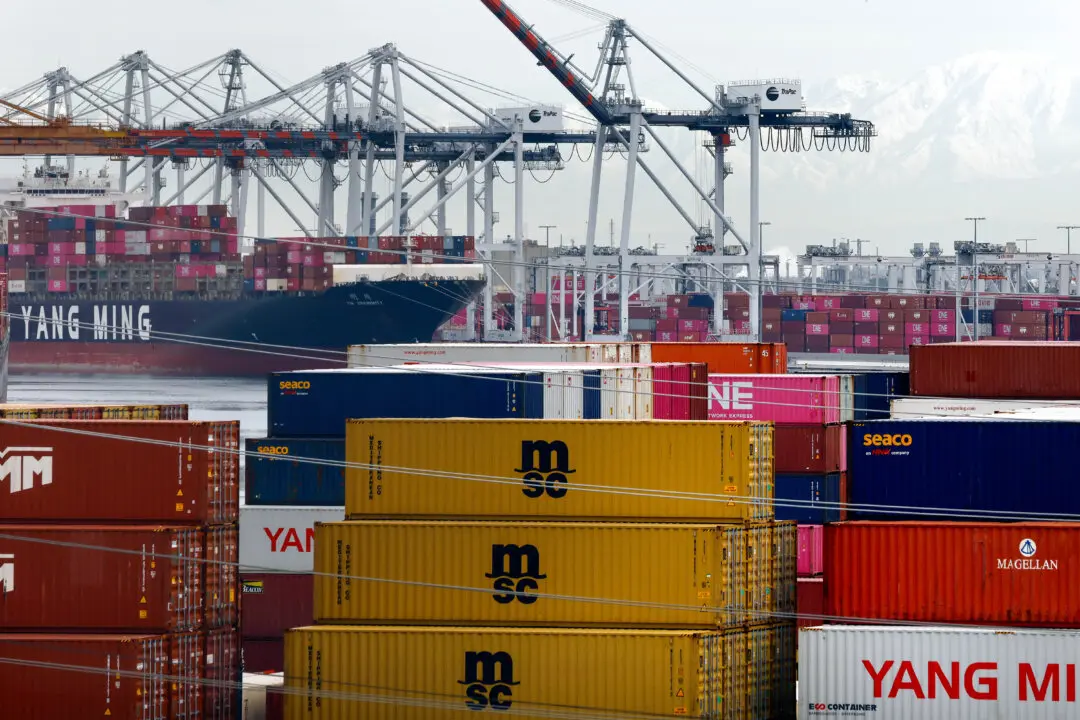TRUMP’S IOWA GROUND GAME
Former President Donald Trump is lining up his 2024 campaign “blitz.”
On Thursday, the former president announced that he would make two back-to-back appearances, both on Jan. 5, in northern Iowa.
First, he is set for a 4 p.m. speech at Dordt University, a Christian college campus in tiny Sioux Center, Iowa, a city near the state’s western boundary.





